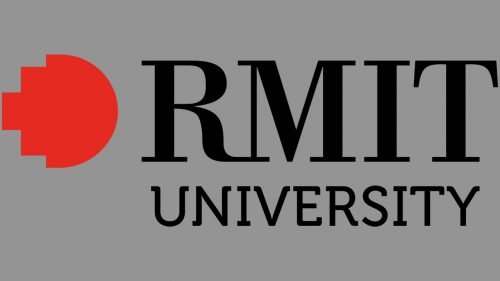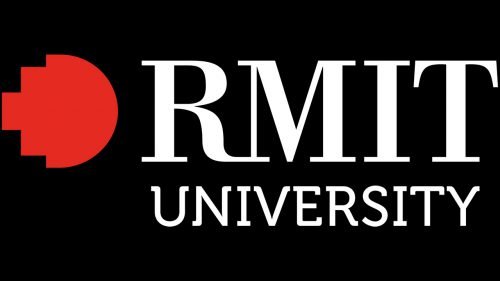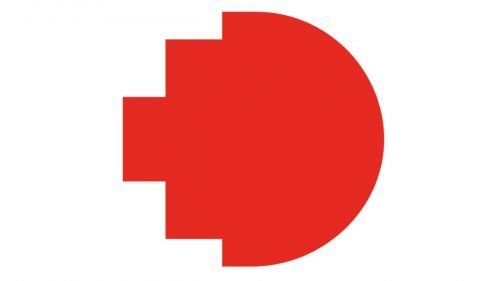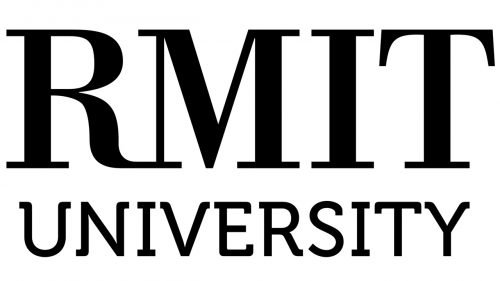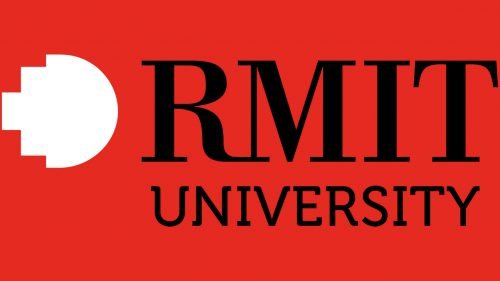The brand identity of the Royal Melbourne Institute of Technology (RMIT University) comprises two most important visual elements: the primary logo and seal. None of them borrows design elements from the other.
Meaning and history
RMIT started its history in 1887 as a night school. In 1992, it merged with the Phillip Institute of Technology to become a public university. RMIT is based in Melbourne, Victoria.
Symbol
The primary RMIT logo is dominated by text. The lettering “RMIT university,” which is given in two lines, occupies most of the surface. However, as the symbol to the left of it is bright red, it catches your eye even more than the text. The red image represents the university’s heritage as a technical higher education institution.
Emblem on the university seal
Unlike the minimalistic main logo, the seal is elaborate and comprises a lot of meaningful details.
We should also point out that RMIT is the only Australian university that has the right to use the Monarchy’s coat of arms (the right was awarded by Queen Elizabeth II for RMIT’s educational service and contribution to the war effort). In fact, the university seal looks somewhat similar to the Royal coat of arms of the United Kingdom in its overall structure.
Font
The simple serif type used for the word “RMIT” is pretty legible. The word “University” is given in a different, more unusual font. Here, the serifs have been replaced by elongated ends with rounded corners.
Colors
According to Stephen Murray-Smith and Anthony J. Dare, the university’s official colors are dark green, gold, and white (“The Tech: A Centenary History of the Royal Melbourne Institute of Technology,” 1987). While the heritage colors (dark green and gold) are used on the university seal, the RMIT logo itself features red (Pantone® 485C) and black. They were added in the 1990s for marketing purposes.



